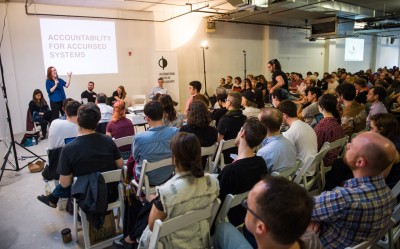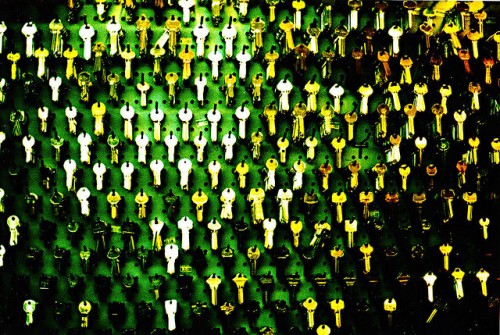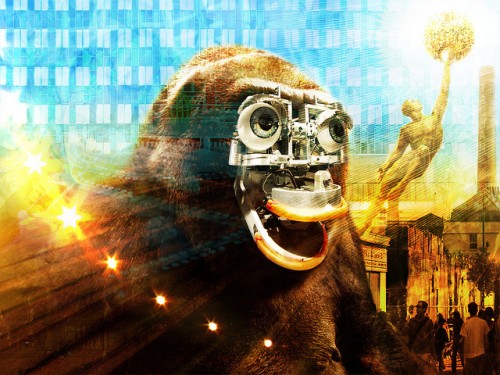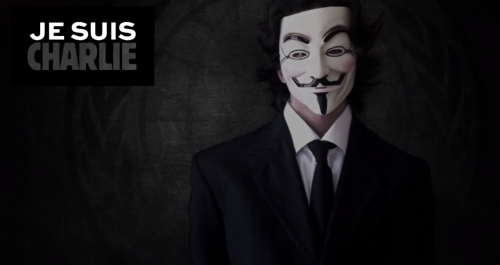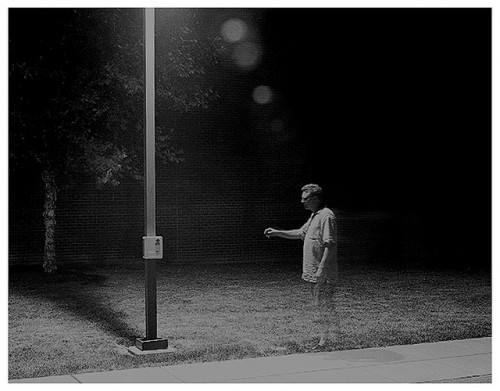
There has been a lot of talk about magic lately in critical, cultural and technological spaces; what it does, who it is for, and who are the ones to control or enact it. As a way of unpacking a few elements of this thinking, this essay follows on from the conversations that Tobias Revell and I, and a whole host of great participants had at Haunted Machines, a conference as part of FutureEverything 2015 which examined the proliferation of magical narratives in technology. With our speakers we discussed where these stories and mythologies reveal our anxieties around technology, who are the ones casting the spells, and where – if possible – these narratives can be applied in useful ways.
As an ex-literature student, I’m quite interested in ghost stories as analogy, because they can reveal, or be an interesting way of exploring, these anxieties; where the voices in the static are coming from, where the pipes are creaking, and what they tell us about what our technology is doing or can potentially do to us.
I’m going to use a load of slightly ham-fisted contemporary narratives to signpost the anxieties that come out of two personal and increasingly algorithmically mediated spaces: the social network and in the home. Where does the role of narrative in magic, the supernatural, and the unknown allow us to get a better grasp of technology’s power over us? Where are the uncertain terrains of our technologies creating the capacity for hauntings, and where can techniques used to imagine future scenarios better equip us for the ghosts to come? When we think of a haunting, we think of the unseen forces acting upon our domestic space, and when considering technology, a reappropriation of Clarke’s third law that Tobias Revell summoned with his work on Haunted Machines can apply– Any sufficiently advanced hacking is indistinguishable from a haunting. But where else are we haunted? more...


